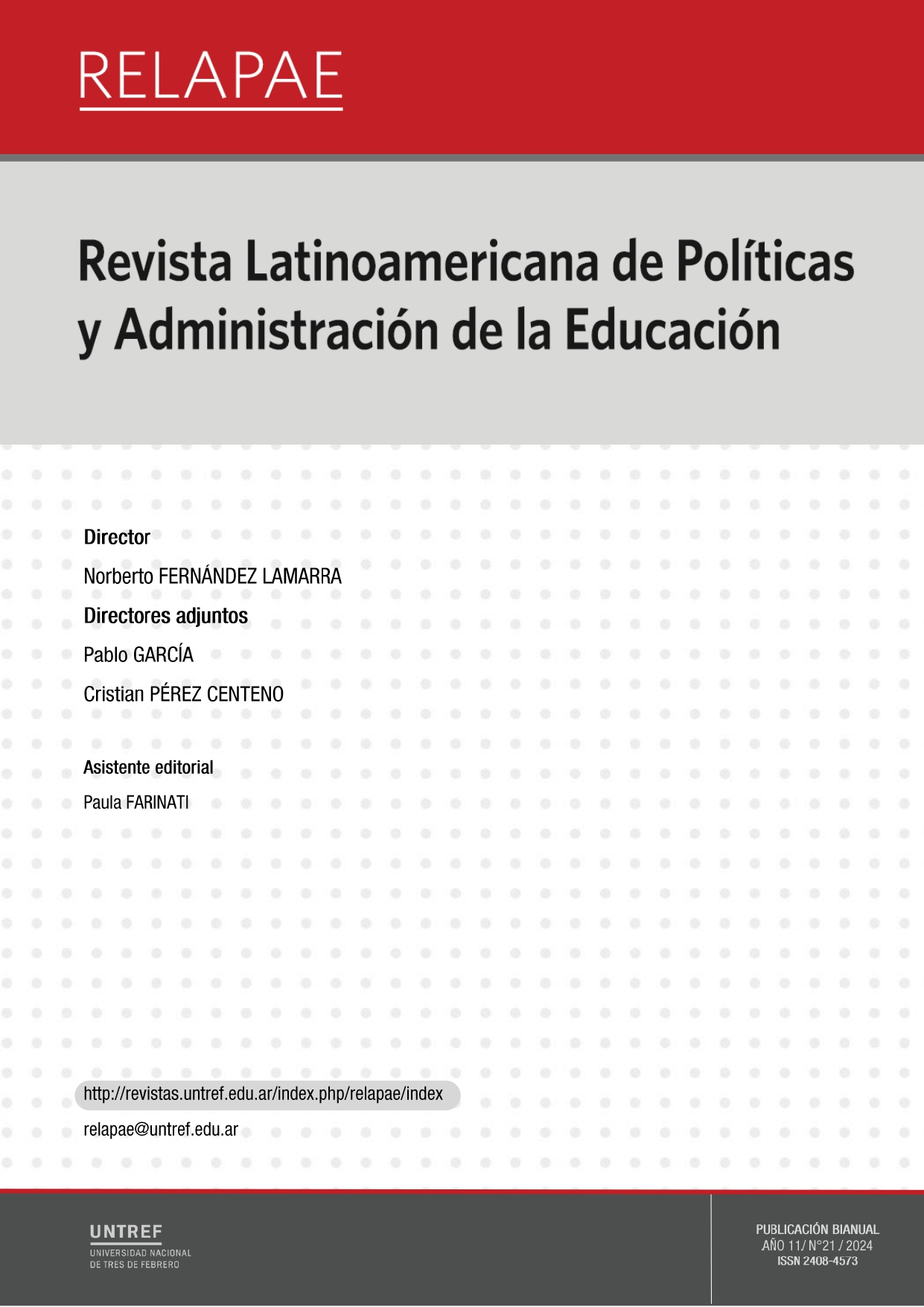Dignidad menstrual en la Educación Superior: justicia y equidad en América Latina
Abstract
This study follows a qualitative design, focusing on documentary analysis methodology, in exploring the situated experiences of menstruating individuals in rural institutions of higher education. The research uses an intersectional approach to analyze how gender, ethnicity, and rural context affect menstrual management and access to menstrual rights.
Through literature review, interviews and research conducted by international agencies, testimonies are collected from women and people of African descent who face additional barriers, such as menstrual poverty and lack of adequate sanitation infrastructure.
The analysis emphasizes the intersections between cultural stigma, educational exclusion, and ineffective public policies that perpetuate inequality. In turn, it highlights the need to address these barriers from a comprehensive approach that considers not only the provision of menstrual products, but also the improvement of infrastructure and menstrual education.
In this way, our research underscores the importance of generating inclusive public policies that consider menstrual rights in rural areas, and proposes actions to make the needs of menstruating people visible, promoting equitable access to health and educational resources. This will allow progress towards dignified menstrual management and the overcoming of gender inequalities in Latin America (Vázquez Guido, 2023).
PDF (Español (España)) - Artículo descargado = 319 veces
HTML (Español (España)) - Artículo descargado = 16 veces







